Jackie Chan, a fashionista and an Olympic champ: celebrities and controversies at China’s big political show
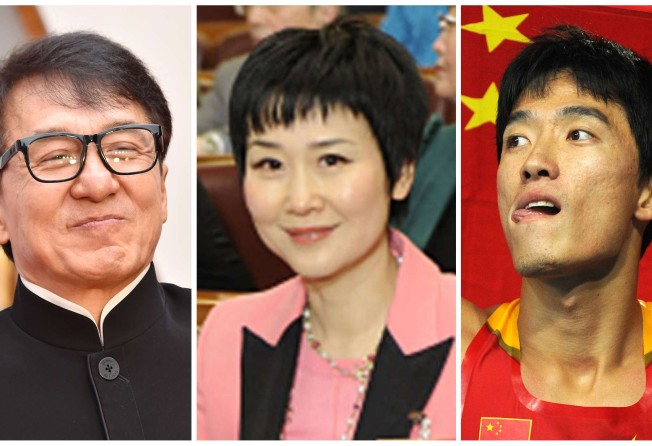
It’s China’s biggest political ball of the year and everyone wants to go. The great “Two Sessions” meet-up is a serious affair, but you can always count on the celebrities to lighten up the occasion.
It’s going to be a star-studded event, and it’s not just for the political bigwigs. A Hollywood actor, Olympic champ, celebrity writer, famous scion, internet titan … you name it, they’ve got it. And they’re all going to be seated together in the Great Hall of the People in Beijing for the annual plenary sessions beginning on Friday.
We let you in on some of the big names set to attend the meetings and what controversy they might stir up this year.
Hollywood action movie star Jackie Chan
Chan has been in the Chinese People’s Political Consultative Conference – the nation’s top consultative body – since 2013. He has submitted film industry-related proposals at previous meetings, but it’s his behaviour on the sidelines of the events that has attracted the most attention.
At the Two Sessions in 2014, the Hong Kong actor found himself mired in controversy after he approached Chinese singer Song Zuying from behind and gave her a public cheek rub. He later shrugged it off, defending his actions by saying he was a friendly and tactile man.
The following year, he spoke out against the intense media coverage of him at the annual sessions. “[I] made headlines after hugging Song Zuying and was written about so much after saying just one word ‘duang’,” Chan said. “There are so many journalists. What should I say? I dare not speak.”
‘Duang’, which originated from a sound Chan made in a 2004 shampoo commercial, became a viral meme during the 2015 plenary meetings after Chinese internet users started using it with a derisive twang.
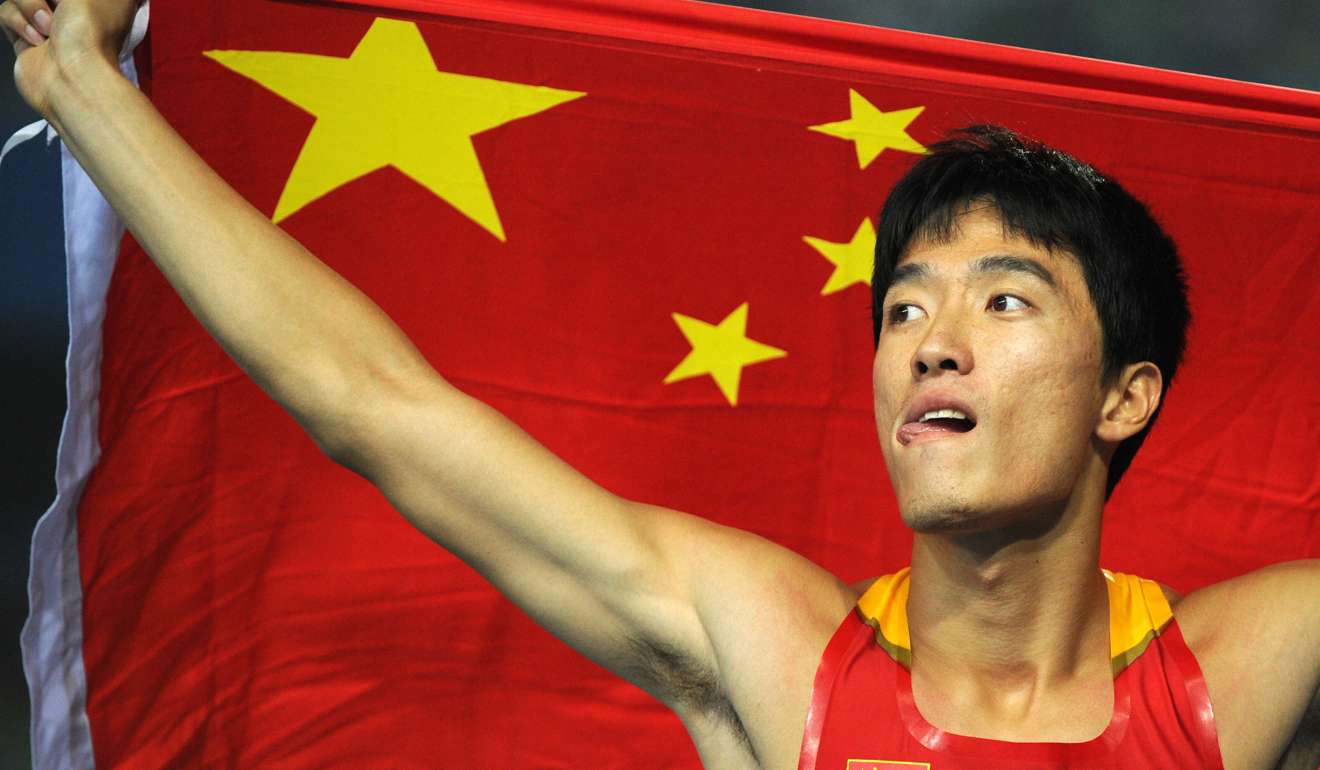
Olympic champion hurdler Liu Xiang
China’s “flying man” became the CPPCC’s youngest representative in 2008 at the age of 25. That year, he came under fire for missing a meeting at the plenary sessions to take part in a sports championship.
“The session must not be attended only when the stars have time,” a Chinese newspaper commentary said at that time. “Yes, it’s important to prepare for the Olympics, but isn’t the consultative job as a CPPCC member important?”
Since then, Liu has been lambasted by Chinese internet users almost every year, as he has taken leave from the meetings five times since 2008. Many doubted whether he could submit proposals in time, with some even questioning his suitability to remain a delegate. Will the sportsman absent himself again this year?
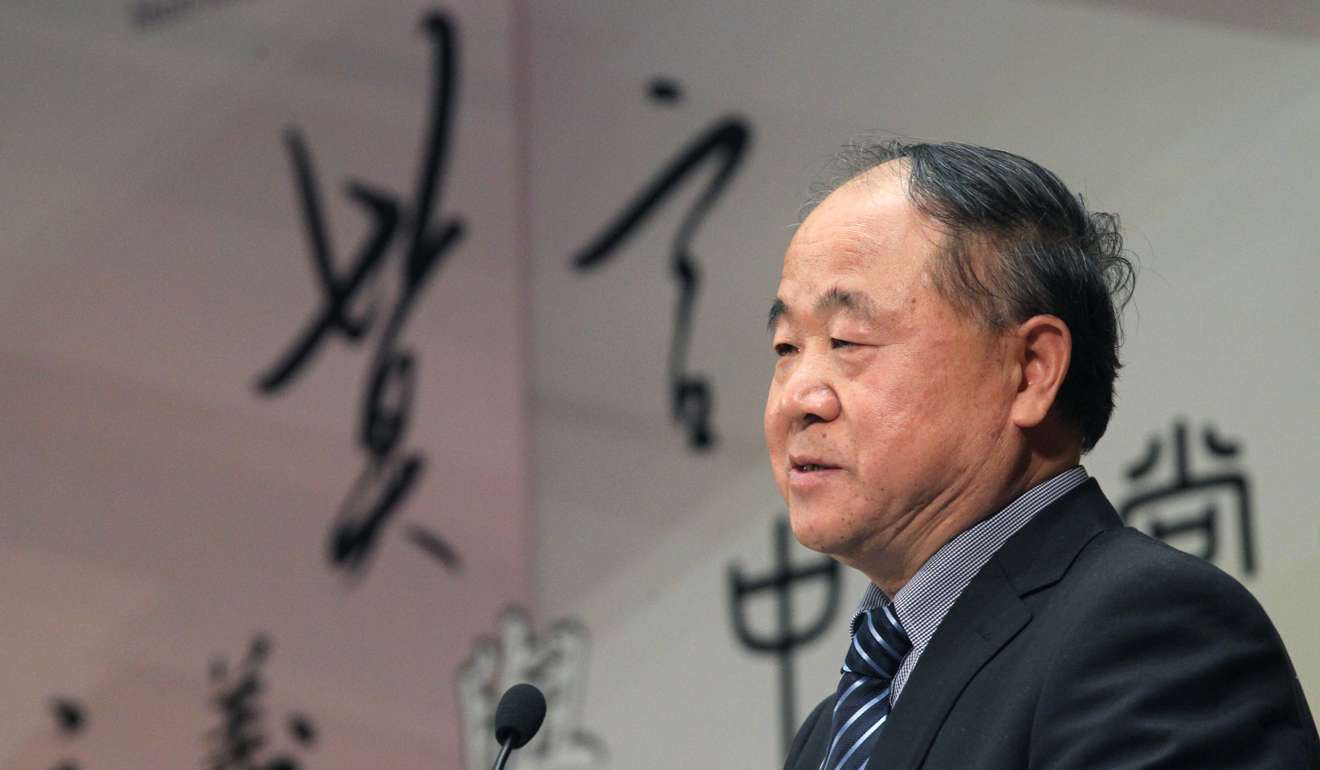
Nobel Prize-winning novelist Mo Yan
The writer was elected to the CPPCC after he won the Nobel Prize in Literature in 2012. Guan Moye is his real name, but he is better known by his pen name Mo Yan, which means “don’t talk” in Chinese.
Mo Yan, who behaves just like his pen name, has been dubbed by the media as the political advisory body’s “most silent delegate”. Last year, asked about the Communist Party’s muzzling of outspoken tycoon Ren Zhiqiang, Mo Yan had just one word for reporters clamouring for a sound bite from him. “Lunch”, he replied as he declined the interview. No doubt journalists will continue trying to squeeze a quote out of the reserved writer this year.
The novelist’s proposals at the meetings have so far been focused on education. He has suggested abolishing entry examinations for middle and high schools. Those proposals sparked heated debate among parents and education experts.
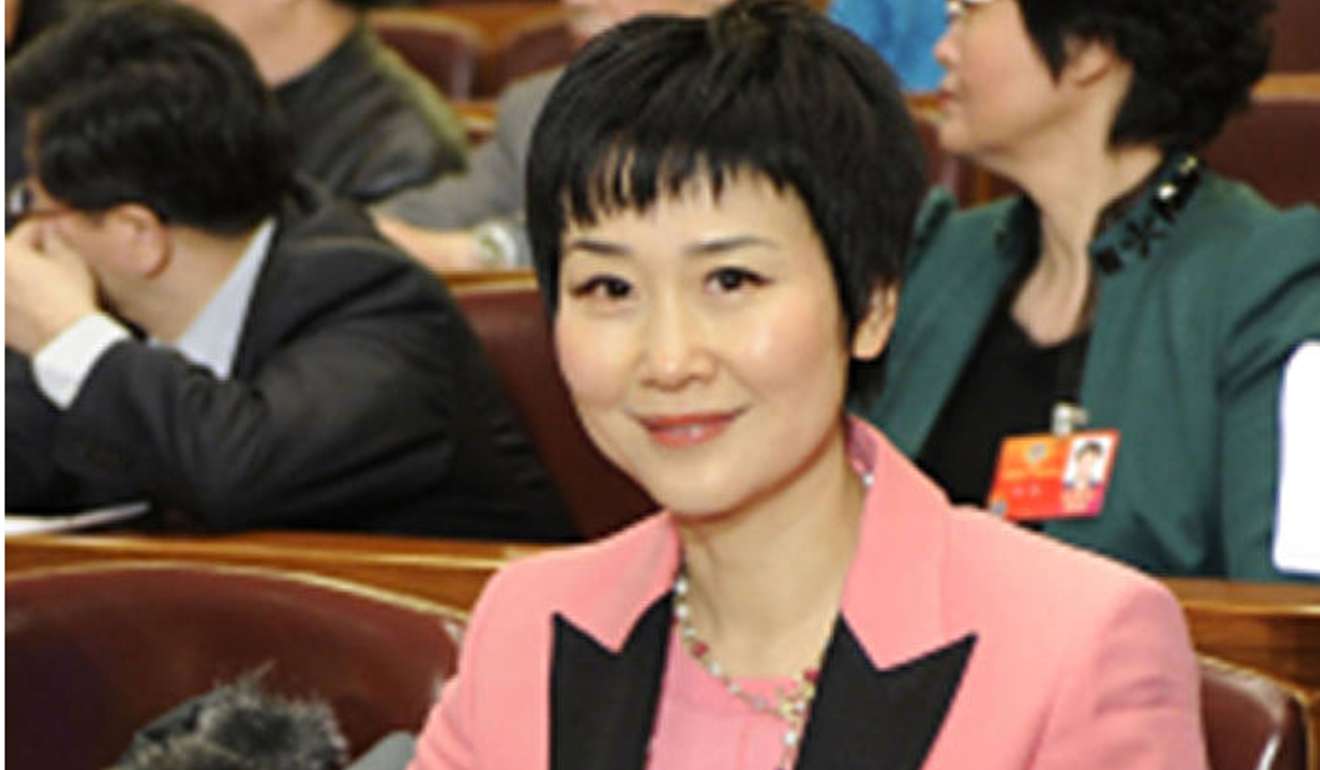
Former premier’s daughter Li Xiaolin
At the Two Sessions in 2012, Li Xiaolin, the only daughter of former premier Li Peng and vice-chairwoman of electricity giant China Datang Corporation, grabbed headlines for her luxurious dressing.
That year, Li was pictured wearing a salmon-pink Emilio Pucci pantsuit and a Chanel pearl necklace worth about 22,000 yuan (US$3,200)in total. Her attire triggered heated discussion on how political power intersects with personal wealth in China, with many speculating that she had benefited hugely from her father’s influence.
In 2014, after President Xi Jinping embarked on his frugality campaign and anti-graft drive, Li toned down her dressing considerably, turning up at the meetings in a subdued beige suit and carrying a nondescript cloth bag.
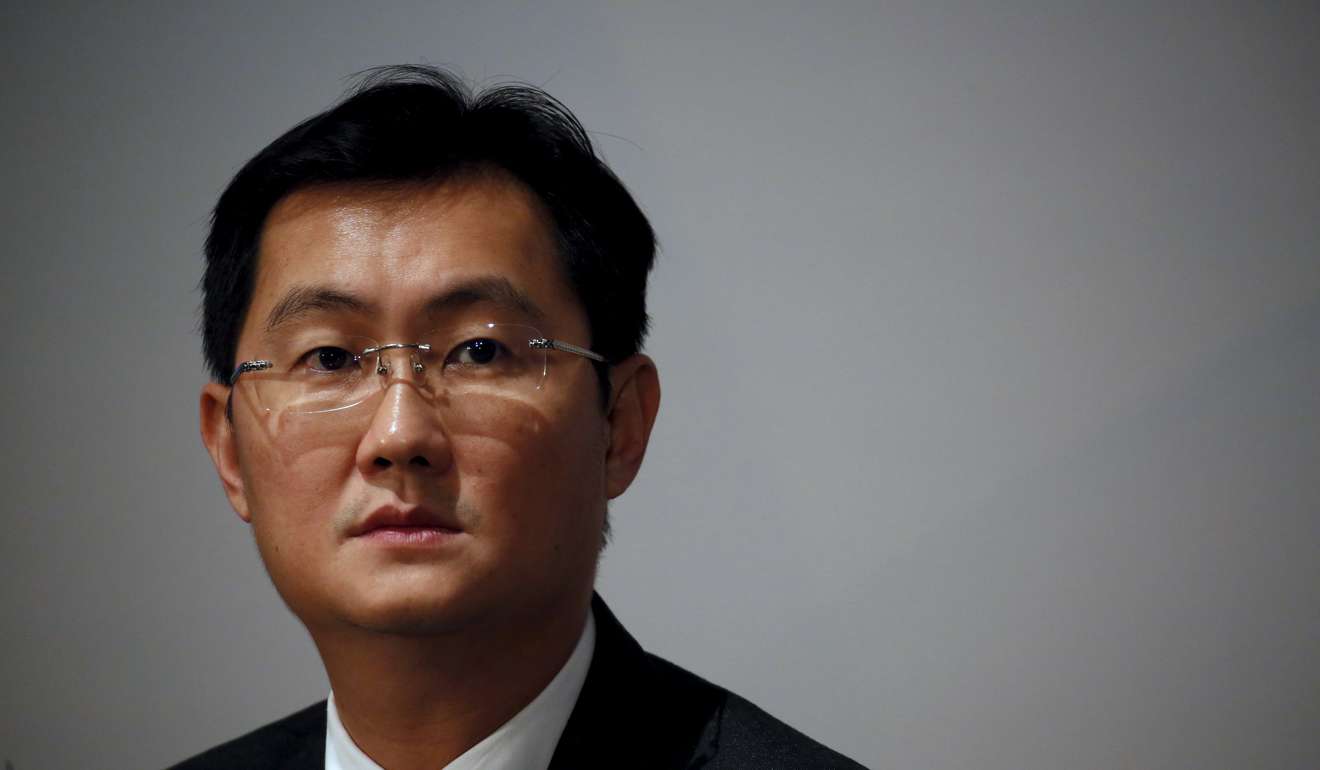
Internet tycoon Pony Ma Huateng
Ma, founder of internet giant Tencent and China’s third richest man, has been a delegate of the National People’s Congress of Guangdong province since 2013. Until he and Lei Jun, co-founder of tech giant Xiaomi were elected as NPC deputies that year, there were no representatives from the internet industry.
Ma’s proposals have so far focused on the internet and information industry. During the Two Sessions last year, he suggested facilitating the “internet plus” strategy, sharing economy and digital content industry.
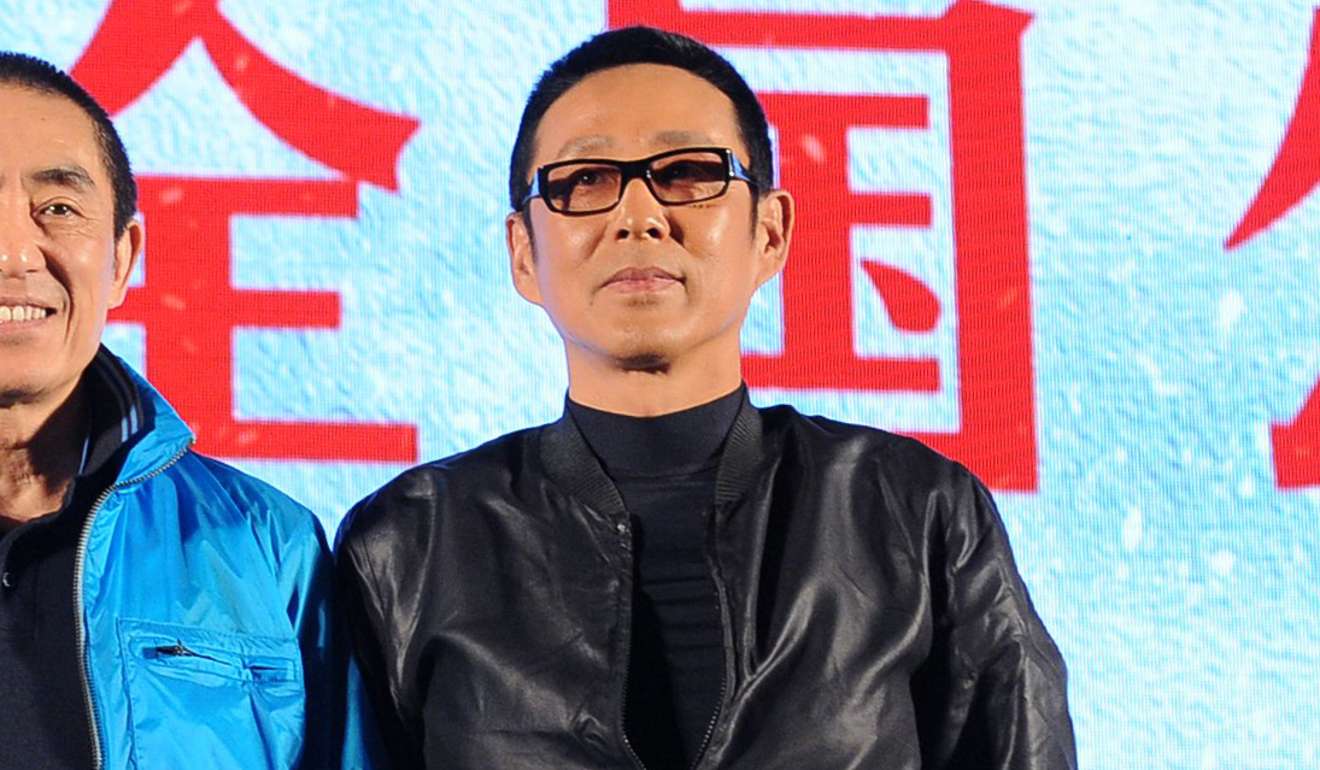
‘Emperor of Chinese television’ Chen Daoming
Chen, a household name in China, was elected to the CPPCC in 2003. He has been dubbed the “emperor of Chinese television” as he has acted as an emperor in many films. He has also starred in internationally released films such as Zhang Yimou’s Hero and Coming Home, as well as the Hong Kong movie Infernal Affairs 3.
During the Two Sessions in 2013, he caused controversy after a Xinhua journalist bragged that she had allowed the “super hunk” to edit her report for her, changing his quotes in the article and even its headline. Internet users slammed the reporter for her lack of professional ethics.
In the CPPCC, Chen has been an outspoken deputy. He has previously criticised China’s strict censorship in films and television dramas.
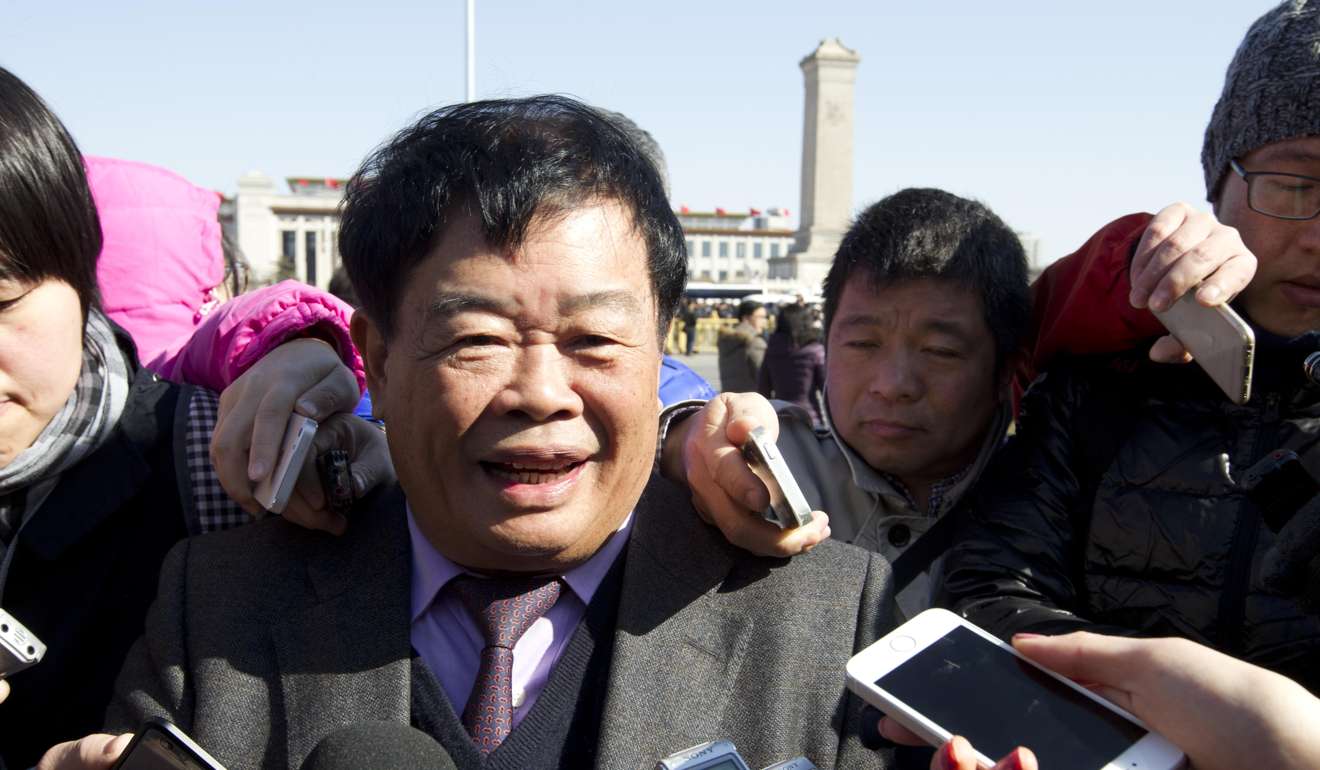
‘Glass king’ Cao Dewang
The billionaire, who made his fortune by making glass for the world's top carmakers, joined the CPPCC advisory body in 2013 as a representative of China’s private entrepreneurs.
Cao caused a splash in December with an announcement of his decision to move part of his business operations to the United States and to invest US$1 billion in the country.
It was cheaper to run his business in America because it had lower taxes compared with China, he told a Chinese newspaper at that time. His remarks triggered public debate over whether the days of China as a manufacturing haven were over.
Members of the media at the Two Sessions this year will likely pay close attention to what Cao has to say about China’s economic outlook and government policies on private firms.